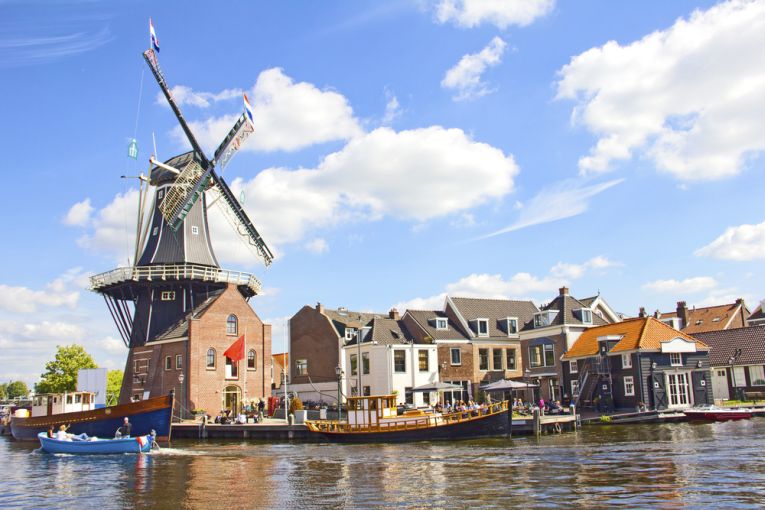Connie Hedegaard is cock-a-hoop. She and her colleagues have managed to negotiate the EU parliament into strengthening the European renewable energy proposals for 2030. Targets so far from the European Commission have been weak and watery, not strong and windy! The big picture is that this positive influence on the whole of Europe could well generate reaction in other countries such as China and the US, where more negative government approaches also need modification.
She (that's our Connie) led the Climate Commission and a majority of MEPs (by 78 votes) in proposing less of the 2020 national quibbling, with general 2030 targets of:
40% less greenhouse gases;
30% renewable energy;
And 40% improvement in energy efficiency.
There will also be binding national renewable energy targets, which will upset the UK and several others. Representing them, Ed Davey is actually in favour of this move (being a Lib-Dem and within the Green Growth Group), saying, "The right 2030 package will unlock low carbon investment, while keeping consumers' energy bills down."
The Wind Energy Association, in the form of Stephane Bourgeois, reckon that this is very forward-thinking, resisting the European Commission's weak outlook and providing half a million new jobs, and saving 500bn euros in coal, tar sand extracts and other imports. Energy costs again should therefore come down with a low-carbon economy, even in the nations that insist on using cheap energy, without investing in renewables. However stronger targets were resisted, and that could prove critical if other costs such as those mentioned in our very recent article on coastal problems at Sea level Rise Costs .
Despite a degree of restraint, however, the nature of the European move was such that even the fuel quality directive was unchallenged beyond 2020. This refers to imports of high-carbon fossil fuels which are imported, and need to be heavily-taxed to prevent marketing ploys.










